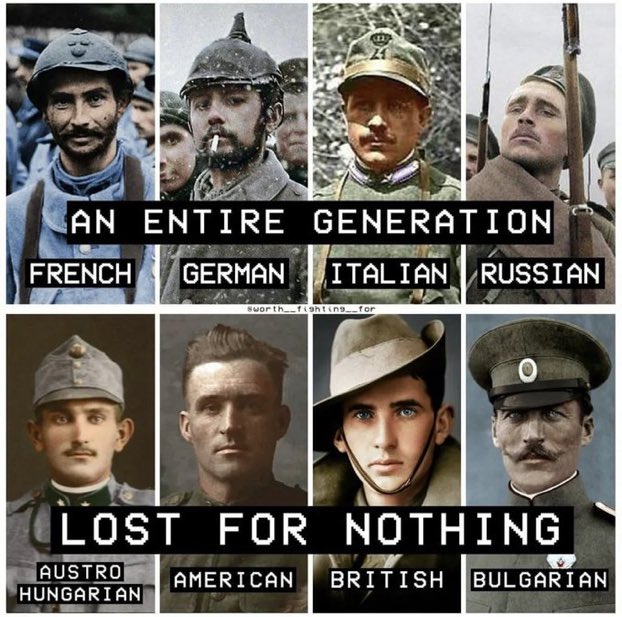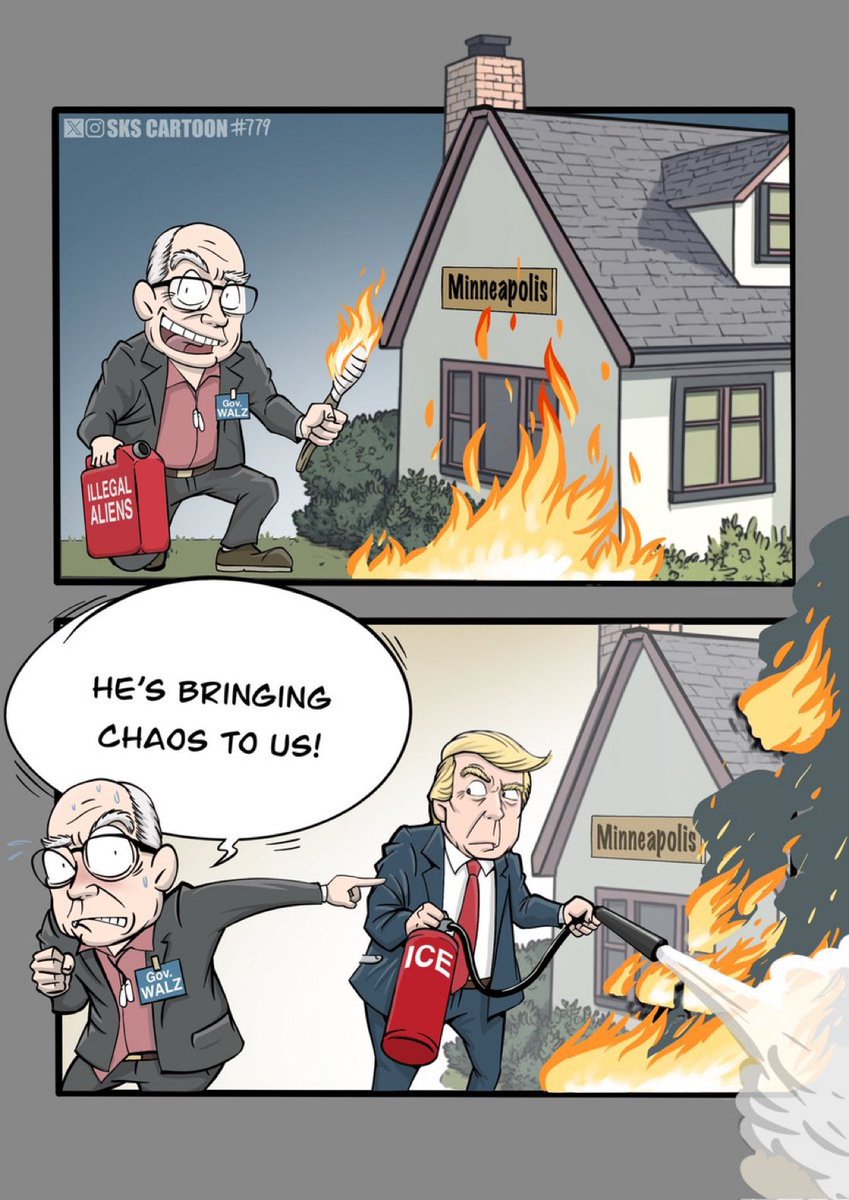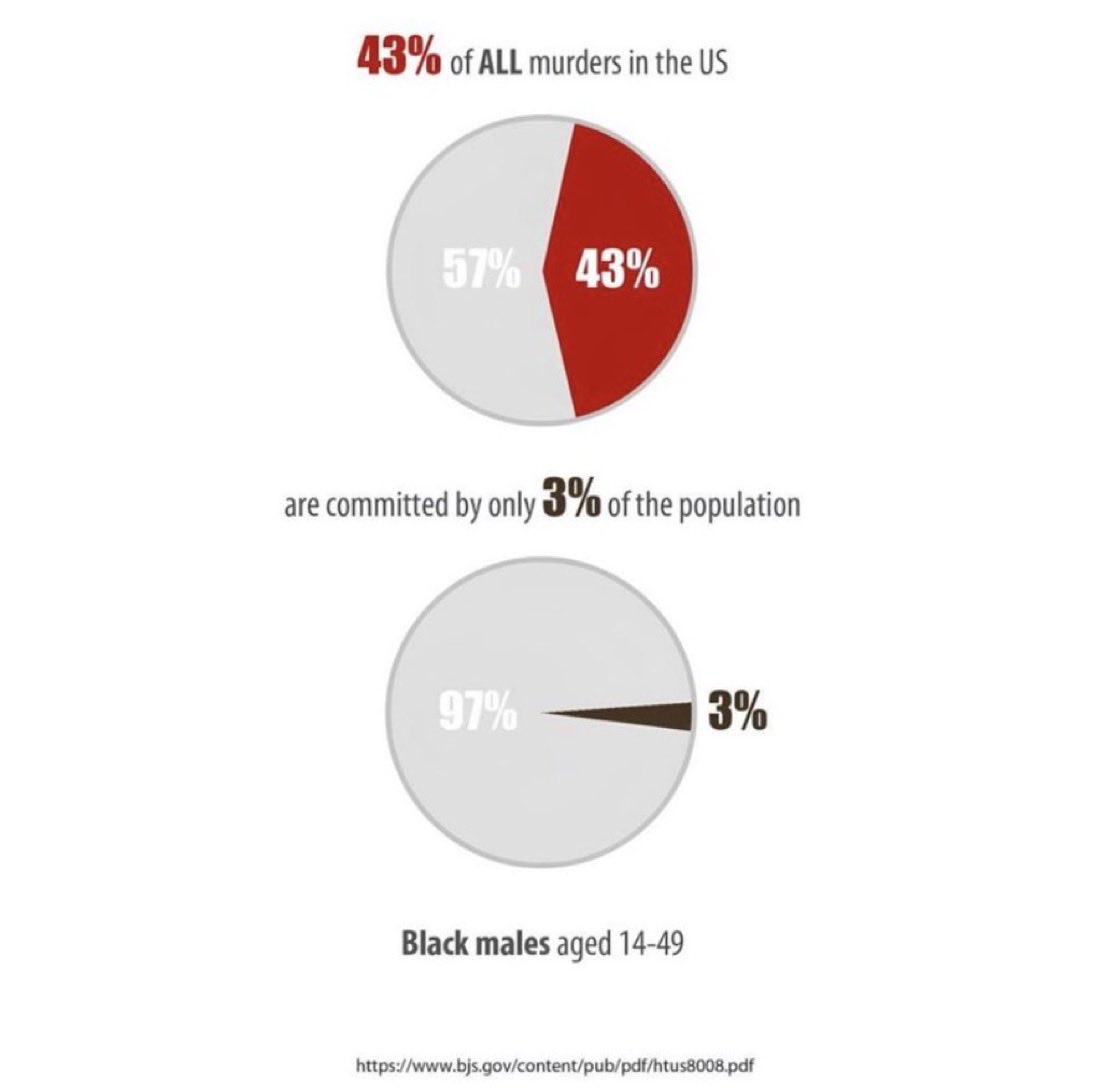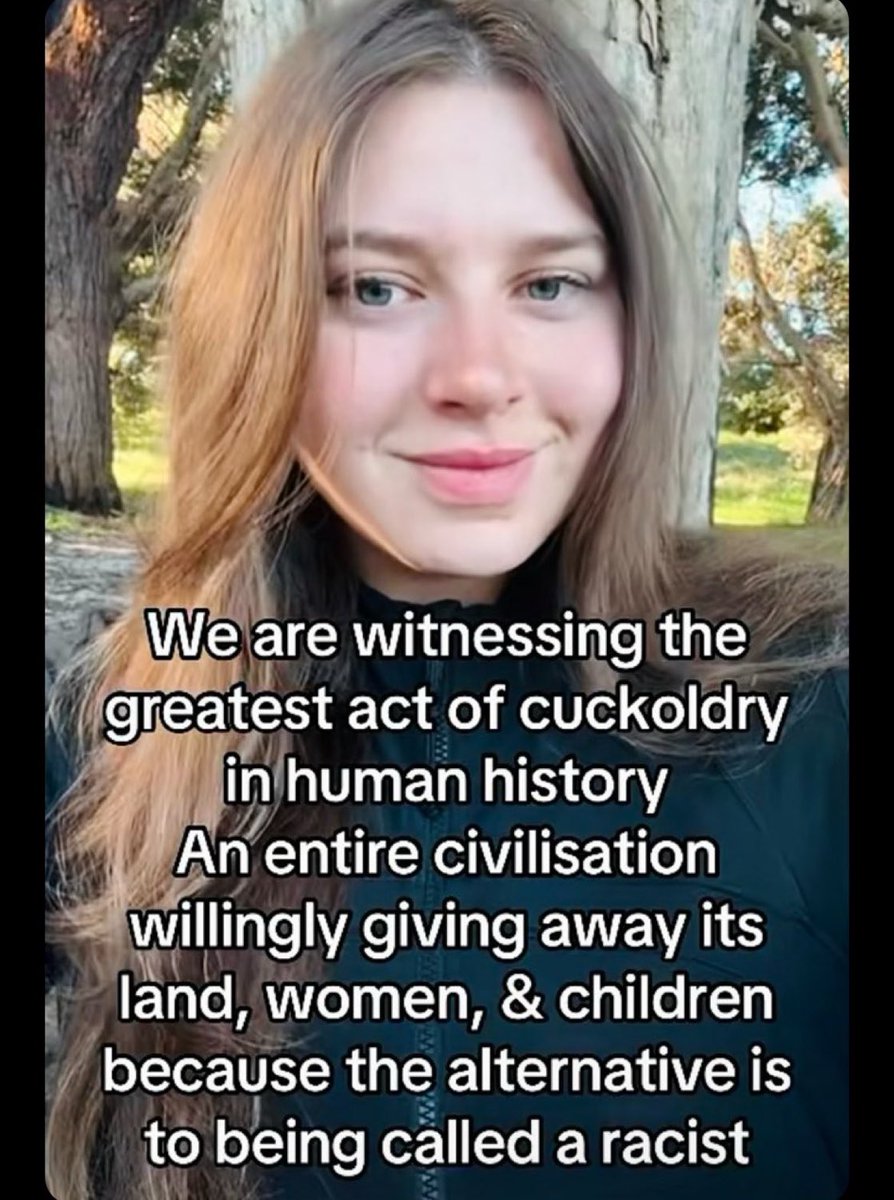Wars are bad no matter what they say. Wars are always old people lying and young people dying.
They lied about WMDs. They lied about Iraq, Afghanistan, Yemen, Kuwait, Syria, Libya and now Ukraine.
Look at what happens if you ask them fair questions 🤷♂️
They lied about WMDs. They lied about Iraq, Afghanistan, Yemen, Kuwait, Syria, Libya and now Ukraine.
Look at what happens if you ask them fair questions 🤷♂️
Here’s a prior thread on fake wars
https://twitter.com/DeepBlueCrypto/status/1586935828399390720
Wars are never meant to be over, they’re meant to be continuous. They feed the #MilitaryIndustrialComplex
https://twitter.com/deepbluecrypto/status/1538319372116164610
This is a joke, look at the Twitter handle. Nevertheless an American weapons manufacturer investigating human rights abuses of America will be epic if it happens 😂 

The future of combat
Happy Veterans Day
Happy Veterans Day
The politicians and govts might be fond of wars because they lose nothing… for the soldiers who pay with their lives, for the citizens who pay with taxes — wars have consequences
Think twice before signing up for wars. Get rid of war mongers like John Bolton from key positions
Think twice before signing up for wars. Get rid of war mongers like John Bolton from key positions

George Bush slip of the century 😂
When talking about the Putin Russia invasion he slipped and said Iraq 😱
When talking about the Putin Russia invasion he slipped and said Iraq 😱
USA mass killing of 100+ civilians in Vietnam & the coverup
newyorker.com/magazine/1972/…
newyorker.com/magazine/1972/…
• • •
Missing some Tweet in this thread? You can try to
force a refresh














